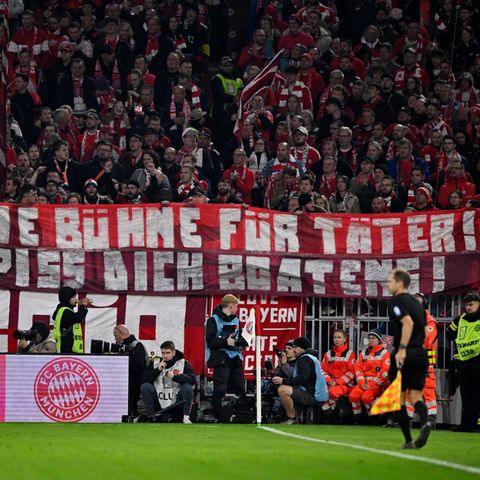What are the consequences if wild insults by colleagues or bosses from closed WhatsApp groups become public? The Federal Labor Court deals with a number of issues.
Bullying and nasty insults also affect managers and employees on the Internet. If such insults by colleagues are public, there is a risk of extraordinary dismissals.
But how public or private are defamatory statements in closed chat groups like the WhatsApp messaging service? This question has so far occupied the labor courts of individual federal states. Today, for the first time, the highest German labor judges are in Erfurt. The precedent they are negotiating comes from Lower Saxony.
The case
Up to seven fellow airline workers, including two brothers, formed a WhatsApp group for years and diligently exchanged messages on their private smartphones. Her employer got into turbulence, restructuring was pending. Chat group members should move to a transfer company in 2022.
Months earlier, a part of her chat history was copied with wild insults from one of her bosses and got first to the works council and then to the HR manager – after all, a 316-page document. One of those involved confirmed its authenticity in writing, as can be seen from the judgment of the Lower Saxony State Labor Court in December 2022. The background is said to have been a job conflict.
The employer’s reaction
The company’s head of human resources was expected to do a lot when reading: the chats contained insulting, racist, sometimes inhuman and sexist statements as well as calls for violence. Among other things, “punch in the face” is mentioned. The employer responded with extraordinary terminations, which the works council agreed to. Those affected went to court – up to the last instance.
The decision of the lower courts
The labor court in Hanover and the state labor court in Lower Saxony upheld the complaints of the bullying employees. The employer should pay them back wages. The regional labor court, which allowed an appeal, justified its decision as follows: “As an expression of personality and as a condition of its development, statements in a private chat group enjoy constitutional protection, which takes precedence over the protection of the honor of the person affected by the statement if the utterer intends to protect the confidentiality.”
The legal assessment
The federal labor judges are now faced with the question of whether a WhatsApp group among colleagues is a kind of protected space in which private opinions and abuse of bosses can be exchanged without consequences under labor law. It may also be a question of whether the copied chat logs can be used at all in a legal dispute.
“In the case of small, closed chat groups, as is often the case with WhatsApp, the previous jurisprudence of the labor courts is different,” said Bonn labor lawyer Gregor Thüsing of the German Press Agency. Cases were heard by courts in Berlin-Brandenburg and North Rhine-Westphalia, among others. Thüsing described the insults in the Lower Saxony case as blatant and inhuman. “The question is whether it’s still private and therefore protected.” Finally, chat content could be forwarded and stored. According to Thüsing, insults with a business connection are “a classic reason for extraordinary terminations”.
social media and courts
According to the employment lawyer, gross insults and defamation of colleagues and employers on social media are increasingly playing a role in disputes before the courts in Germany. The spectrum is wide – from forwarding intimate photos of colleagues to termination via WhatsApp. The case law is now clear “if insults are not pronounced in the protection of a small chat group” – this could justify extraordinary termination without notice.
Source: Stern




